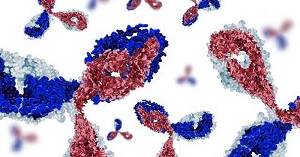According to a statement by the VP of Roche technical development bioprocessing, Wolfgang Kuhne said that the older processes used to produce monoclonal antibodies like Herceptin and Avastin are not sufficient to produce complex and advanced pharmaceuticals.
A bioprocess international European summit was held in Vienna, Austria during which delegates were told that making candidates like ACE910 – a bispecific antibody granted breakthrough designation for Haemophilia last September – had required a considerable process development effort.
In his statement, he clarified by saying “There are no more classical standard approaches and we have to make a huge effort for our bioprocessing development.”
Downstream Challenges
The process used to make bispecific antibodies in its initial stage is very similar to the process used to produce simpler structured drugs like Herceptin, as observed during the process of research and development. For the production of molecules, there is considerable use of bioreactors by cultured Chinese Hamster Ovary (CHO) cells.
The major challenge faced during the creation process had been the development of purification processes that are capable of accumulating the unique and innovative molecule.
Kunhe said that there has also been the use of existing and established technology like Protein-A based resins but that approach had not proved to be successful and processes like that of virus removal are similarly complex for bispecific antibodies than that for mAbs.
New researches are still being carried on in order to make this attempt successful.





